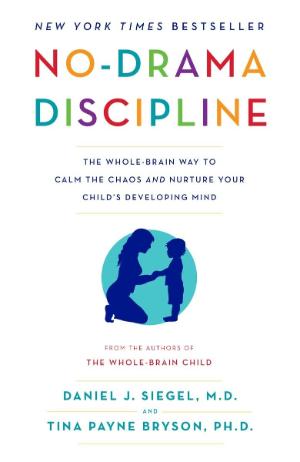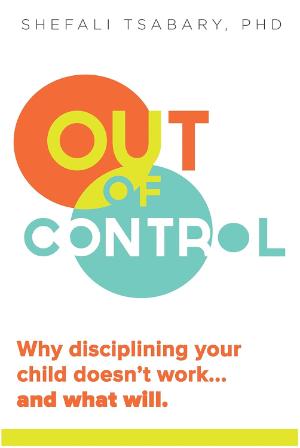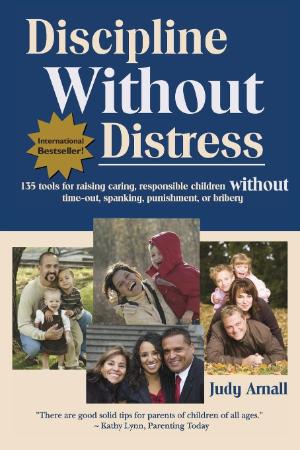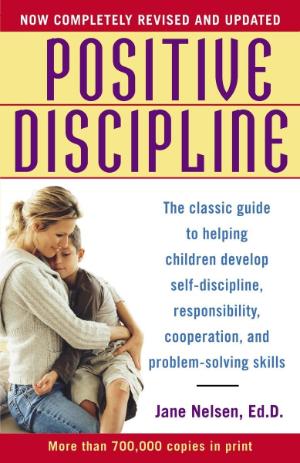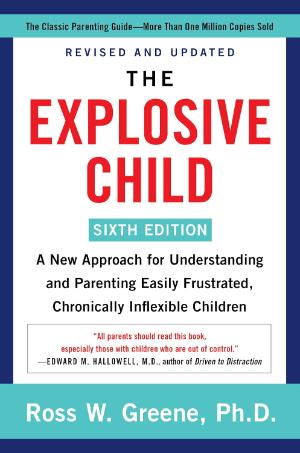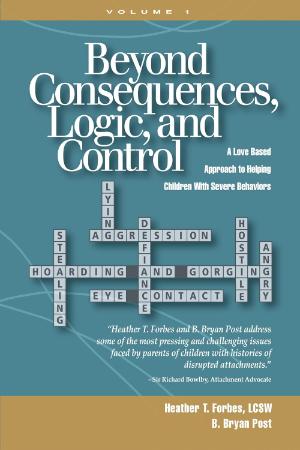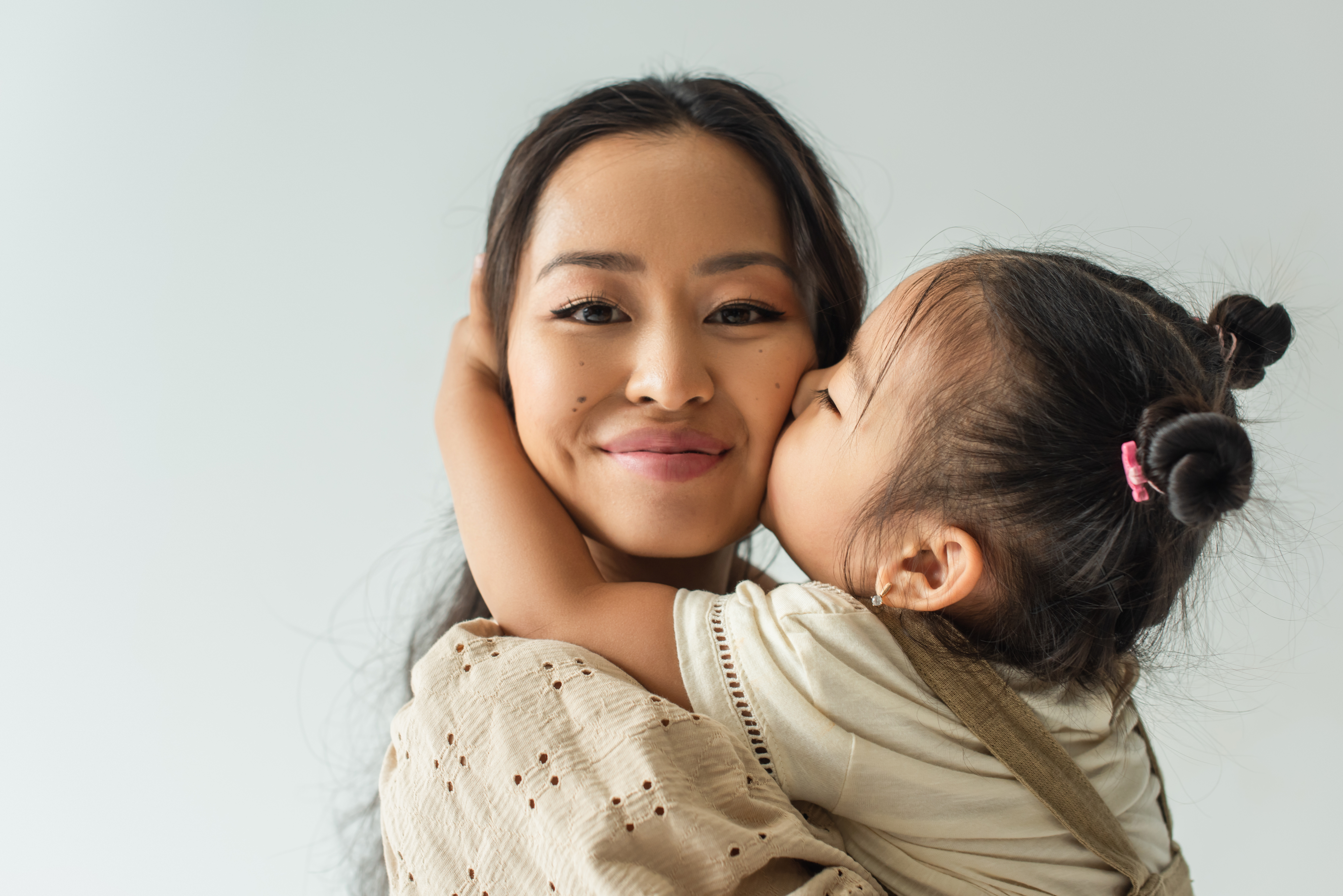
Peaceful Parenting has three interlocking components:
1. The parent commits to regulating his or her own emotions.
2. The parent prioritizes maintaining and strengthening the parent-child connection, which is the only reason children cooperate.
3. The parent coaches the child, rather than using "love withdrawal" or other punishment techniques to control and manipulate the child with yelling, threats, punishment or rewards. Instead, the parent offers the child loving guidance and emotion coaching so the child learns to manage emotions, and therefore behavior.
This article shares ten practical ways to practice peaceful parenting instead of conventional, punishment-based approaches. If you’re wondering whether that shift is worth it, the short answer is yes.
Conventional parenting relies on punishment, which can undermine your relationship with your child, leave kids feeling worse about themselves (and often acting worse as a result), and interfere with the development of true self-discipline.
Peaceful parenting takes a different path—one that helps children feel safe, valued, and understood, so they’re more able to regulate themselves, cooperate, and grow into their best selves.
Click here for more information on WHY peaceful parenting raises great kids.
1. Peaceful parenting starts with regulating your own emotions,
...so that you can be the patient, emotionally generous parent you aspire to be -- and that every child deserves. We are all always radiating how we feel. Our kids pick that up and respond accordingly, and they can't calm down when we're dysregulated. So take responsibility to notice your own moods. Practice strategies to move yourself back into well-being when you get out of sorts. (Hot tip: Self compassion is one of your most reliable tools.) And remember to take care of you!
2. Evaluate all teaching based on whether it strengthens or weakens your relationship with your child.
The most effective discipline strategy is having a close bond with your child. Kids who feel connected to their parents naturally want to please them. Think Loving Guidance, not punishment. Punishment is destructive to your relationship with your child and ultimately creates more misbehavior. Loving guidance is setting limits and reinforcing expectations as necessary, but in an empathic way that helps the child focus on improving her behavior rather than on being angry at you.
3. Start all correction or redirection by reaffirming the connection.
Remember that children misbehave when they feel bad about themselves and disconnected from us.
- Stoop down to her level and look her in the eye: "You want your brother to move, so you pushed him. No pushing; pushing hurts! Tell your brother, 'Move please!'"
- Pick her up: "You wish you could play longer but it's time for bed."
- Make loving eye contact: "You are so upset right now."
- Put your hand on her shoulder: "You're scared to tell me about the cookie."
4. Don't hesitate to set limits as necessary, but set them with empathy.
Of course you need to enforce your rules. But you can also acknowledge her perspective. When kids feel understood, they're more able to accept our limits.
"You’re very, very mad and hurt. And still, no biting! Tell your brother what you want."
"You wish you could play longer, and now it's bedtime. I know that makes you sad."
"I hear that you don't want Mommy to say No, but the answer is still No. We don't say 'Shut Up' to each other. It's ok to be sad and mad, and you can tell me how you feel. I will always understand and try to help."
"You are scared, but we always tell the truth to each other."
5. In any situation posing physical danger, intervene immediately to set limits, AND simultaneously connect by empathizing.
"The rule is no hitting. You can tell your sister what you want and how you feel without attacking her."
6. Defiance is always a relationship problem.
If your child does not accept your direction ("I don't care what you say, you can't make me!"), it's always an indication that the relationship is not strong enough to support the teaching. This happens to all of us from time to time. At that point, stop and think about how to strengthen the relationship, not how to make the child "mind." Turning the situation into a power struggle will just deepen the rift between you.
7. Avoid Timeouts. They create more misbehavior.
Timeouts, while infinitely better than hitting your child, are just another version of punishment by banishment and humiliation. They leave kids alone to manage their tangled-up emotions, so they undermine emotional intelligence. They erode, rather than strengthening, your relationship with your child. They set up a power struggle. And they only work while you're bigger. They're a more humane form of bullying than physical discipline. Click here for more information on why Timeouts don't work.
8. Consequences teach the wrong lesson if you're involved in creating them.
On the face of it, consequences make sense: The child does (or doesn't do) something, and learns from the consequences. Which, when it happens naturally, can be a terrific learning experience. But most of the time, parents engineer the consequences, so that any child can explain to you that consequences are actually punishment. Click here for more information on why Consequences don't work.
If the parent is not involved in the consequences (for instance, if they don't study and flunk their test, or they don't brush and get a cavity) -- and if you can handle the bad result-- then kids can learn a lot from suffering the consequences of their actions. Of course, you don't want it to happen more than once, or their self image becomes that of a person who flunks test and gets cavities, and they have learned an unintended lesson. My own view is that it works better, if possible, for them to skip such lessons, but as a last ditch strategy, we all certainly learn from having things go wrong.
Unfortunately, most kids whose parents use "consequences" as punishment don't think of them as the natural result of the child's own actions ("I forgot my lunch today so I was hungry"), but as the threats they hear through their parents' clenched teeth: "If I have to stop this car and come back there, there will be CONSEQUENCES!!" If parents are in charge of consequences, then the consequences aren't the natural result of the child's actions, but simply punishment.
To the degree that consequences are seen as punishment by kids -- and they almost always are -- they are not as effective as positive discipline to encourage good behavior. Using them on your kids should be considered a last result and a signal that you need to come up with another strategy.
9. What you think and feel is more important than what you say in how your child responds.
Kids will do almost anything we request if we make the request with a loving heart. Find a way to say YES instead of NO even while you set your limit. "YES, it's time to clean up, and YES I will help you and YES we can leave your tower up and YES you can growl about it and YES if we hurry we can read an extra story and YES we can make this fun and YES I adore you and YES how did I get so lucky to be your parent? YES!" Your child will respond with the generosity of spirit that matches yours.
10. How you treat your child is how she will learn to treat herself.
If you're harsh with her, she'll be harsh with herself. If you're loving with her while firm about setting appropriate limits, she'll develop the ability to set firm but loving limits on her own behavior.
Harsh discipline and punishment, ironically, interfere with the child's ability to develop self discipline. The problem with internalizing harshness isn't just that it makes for unhappy kids and, eventually, unhappy adults, it's that it doesn't work. Kids who are given discipline that is not loving never learn to manage themselves constructively.
To the degree that we're harsh with ourselves because of the way we were parented, we respond to it by rebelling (how many times do we cheat on our diets?) or martyring ourselves (trying hard to be good girls and boys but building up resentment and lashing out at those we love, or not giving ourselves a break and ultimately breaking down.)
To the degree that we can accept our own loving guidance because we've learned from our parents to treat ourselves that way, we are able to set goals and use our self-discipline to attain them. Ultimately, loving guidance and peaceful parenting result in the child's developing the holy grail toward which all child-raising is aimed: the child's own self-discipline.
***
This takes time, and you can expect to make mistakes (you're human!)
But every step in the right direction makes it easier.
Why not start today by giving yourself the support you need?
Parenting is one of the hardest things most of us will ever do.
Dr. Laura's Peaceful Parent, Happy Kids Course
is a self-paced 12-week online program
that gives you the support, tools and inspiration you need,
to become the parent you want to be.
***
"One generation full of deeply loving parents would change the brain of the next generation, and with that, the world." —Charles Raison
Recommended Resources
PLEASE NOTE: These books are Amazon links with photos of the books. If you are not seeing them on your page, it may be that your browser is not picking them up, or Ad Blocker in Chrome is blocking the Amazon links. You can disable Ad Blocker just for this site if you like. Or you may want to try another browser. Enjoy!

